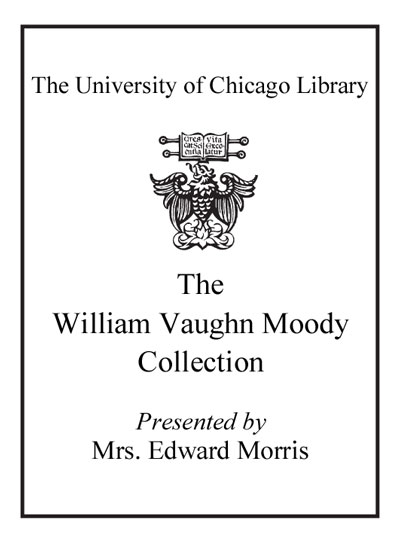Review by Choice Review
Meticulous and impressively broad in scope and content, this collection offers informative yet entertaining insight into virtually every aspect of Fitzgerald's life, work, development, and influences (literary and philosophical). Divided among six parts, the 40 essays capture significant historical and cultural aspects of the Jazz Age and the Depression, offering rich background material pertinent to understanding Fitzgerald and his art. Fitzgerald struggled with the necessity of making enough money to support his lifestyle and fund treatment for his wife's mental illness, but he all the while consciously cultivated his stature as one of the prominent writers of his generation. Zelda receives due consideration, in particular by Linda Wagner-Martin, as a writer and an "imaginative" and collaborative partner. In selecting the essays, which are gathered from international sources, Mangum (Virginia Commonwealth Univ.) avoids hagiography and includes writings that give evidence of Fitzgerald's high standing. These essays should be required reading for seminar classes featuring Fitzgerald. For that matter, anyone interested in Fitzgerald would do well to read the book in its entirety or choose at random from the interesting offerings. Summing Up: Highly recommended. All readers. L. A. Brewer Georgia Northwestern Technical College
Copyright American Library Association, used with permission.
Review by Choice Review

